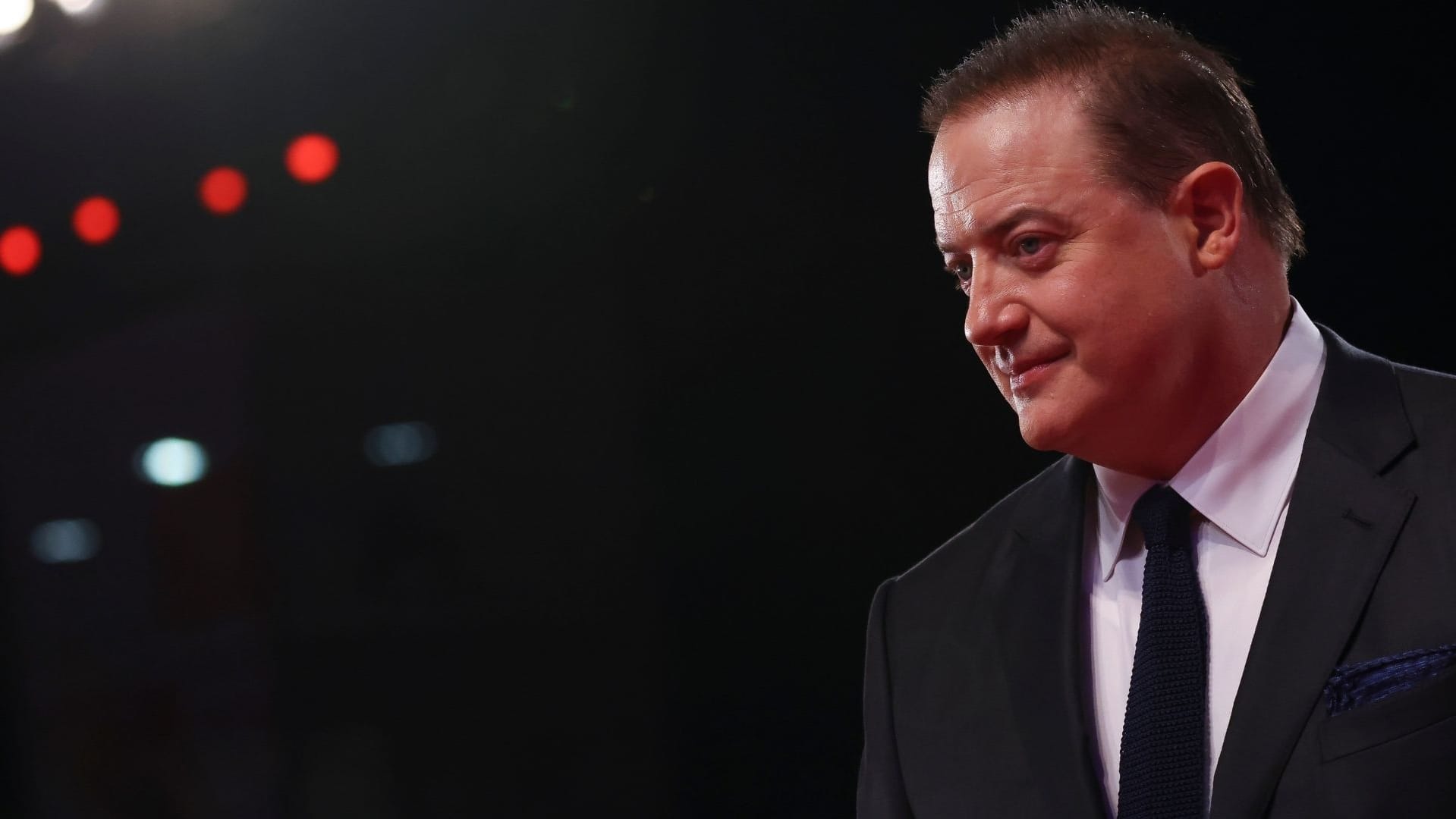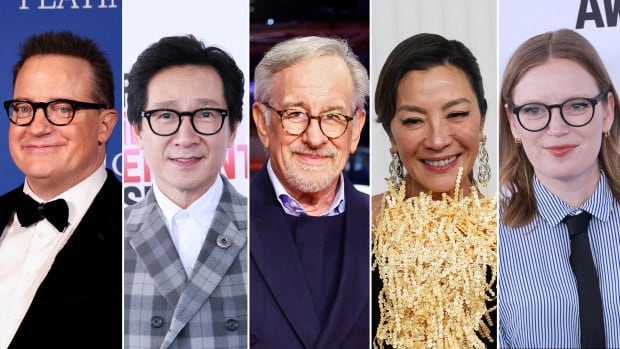
In the 1950 Oscar-winning film Sunset Blvd. the once shining star Norma Desmond rebuffs a reporter with the withering retort, “I am big, it’s the pictures that got small.”
As the 95th Oscars approach, Norma would be right at home with this year’s race, where the personalities, not pictures, have driven so much of the awards season narrative.
After years of smaller films dominating the Academy Awards, this year’s race is a barn burner — with everything from brilliant heartbreaking micro-masterpieces (Aftersun) to crowd-pleasing blockbusters with mega movie stars (Top Gun: Maverick).
So how could you possibly begin to guess the outcome in a world where dramatic debate (Women Talking) faces off against an Irish epic about friendship (The Banshees of Inisherin)? The answer, my friends, is in personalities.
For better or worse, the way we appreciate and often rally behind a film is through the people attached. So let’s dive in.
Best Actor — Brendan Fraser — The Whale
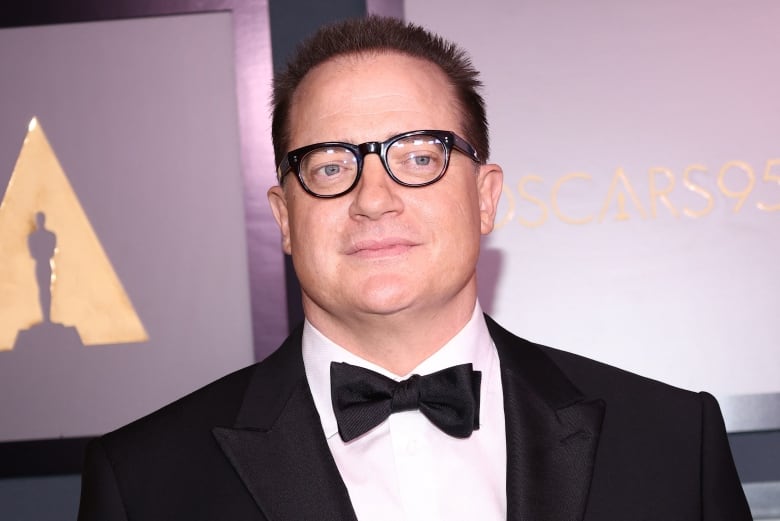
Colin Farrell’s Golden Globe acceptance speech for his role as Padraic in The Banshees of Inisherin was a master-class in awards season positioning. He was charming and generous. He thanked his cast, the donkey, and took time to tease supporting actor Barry Keoghan. Farrell radiated movie star magnetism and his performance as a heartbroken friend is a career-best. But there was one thing missing from that night: Brendan Fraser.
Canadian actor Brendan Fraser talks to Ian Hanomansing about not attending the Golden Globes last week, despite being nominated. In 2018, Fraser accused a former president of the organization behind the awards of groping him in 2003.
Fraser chose to skip the Golden Globes after accusing the former president of the Hollywood Foreign Press of sexual assault. But on Oscar night Farrell will face Fraser and Farrell will lose. Not only because Fraser’s role as The Whale‘s Charlie is an empathic tour de force. But because so many are cheering on Fraser’s return. Fraser says his accusation kicked off a ripple effect that found the 1990s action hero conspicuously absent from our screens.
This explains why Fraser’s acceptance speeches during awards season absolutely vibrate with gratitude. Fraser almost lost all composure at the Screen Actors Guild awards talking about riding and being smashed down by the high seas of Hollywood. It’s that honesty and emotional intensity that will earn him the Oscar.
Best Supporting Actor — Ke Huy Quan — Everything Everywhere All at Once
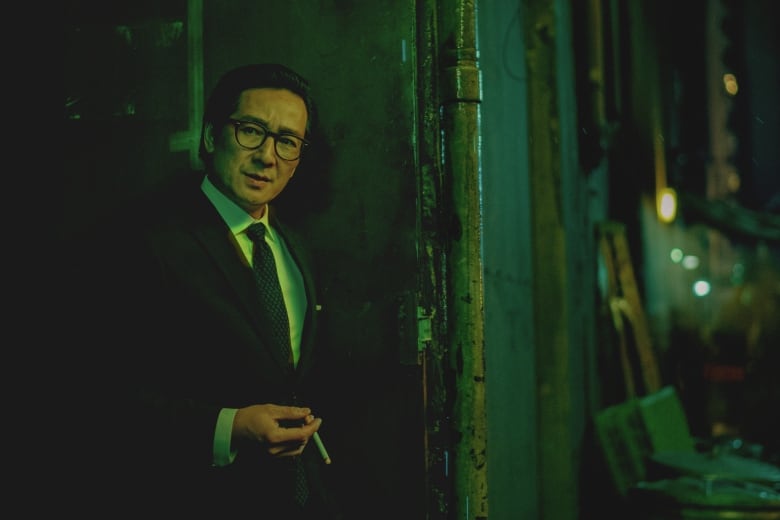
If Hollywood loves a comeback, then Ke Huy Quan is the king. As a child he played Short Round from Indiana Jones and the Temple of Doom and Data from Goonies, but he started working as a filmmaker after his career in front of the camera became anemic. He became an assistant director. You can see him in the behind-the-scenes footage for X-Men teaching fight choreography.
It’s our emotional attachment to Quan, the boy he was and the person who endured, that makes his performance in Everything Everywhere All At Once all the more powerful. And when he tells Michelle Yeoh, “In another life, I would have liked just doing taxes and laundry with you,” it just kills.
Best Adapted Screenplay — Sarah Polley — Women Talking
There was a time when Sarah Polley stepped away from filmmaking to focus on herself and her family but she returned with a mission. Not just to translate the Women Talking novel to the big screen, but to make a movie in a way that protects the cast and crew — that aims to have predictable, livable working schedules where at the end of the day her largely female cast could go home to have dinner with their families and loved ones. Both Polley and her fellow producer, Frances McDormand, are actors. They suffered through their share of film sets. But the Oscar-calibre performances of Women Talking suggest there is another way.
That’s not to say Polley didn’t push her actors. As Shelia McCarthy told CBC News, “It was terrifying. We were doing 120 takes of 11-page scenes three days in a row … having said that, [Polley] also created a playground for us to play in and to fail in. The hours were decent, people were going home to their children.” For pushing her actors artistically while supporting and protecting her cast, this could be Polley’s golden moment.
Best Director — Steven Spielberg — The Fabelmans
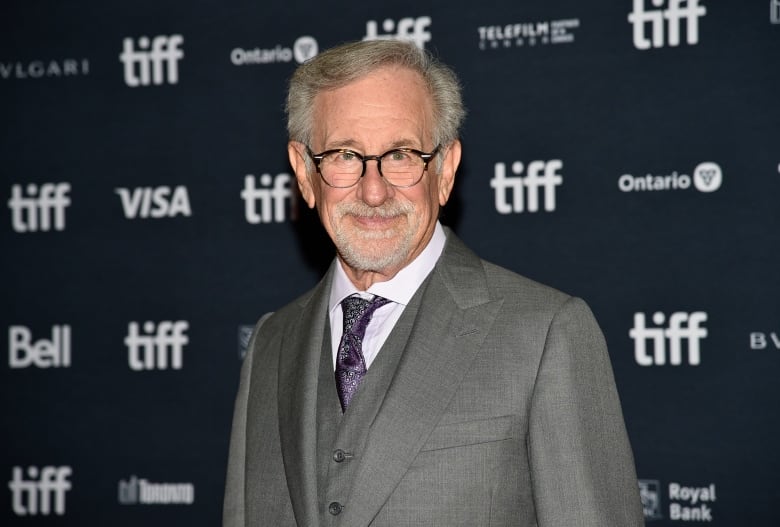
Putting aside the fact Everything Everyone All at Once‘s directors should be in the category, this is Steven Spielberg’s contest to lose. The Fabelmans is the film that put him there, although it’s far from his best work. Earnest and uneven, The Fabelmans has some serious pacing issues. At the same time, it’s an incredibly personal reflection from a filmmaker who has left an indelible mark on modern filmmaking. No one orchestrates action and suspense like Spielberg. But The Fabelmans is a drama about a family dissolving, superimposed over a story of a young man falling in love with film. While the two elements don’t always gel there’s something endearing about Spielberg finally revealing more of himself after over half a century of filmmaking. I imagine the Academy voters will be all too ready to show their appreciation.
Best Actress — Michelle Yeoh — Everything Everywhere All at Once
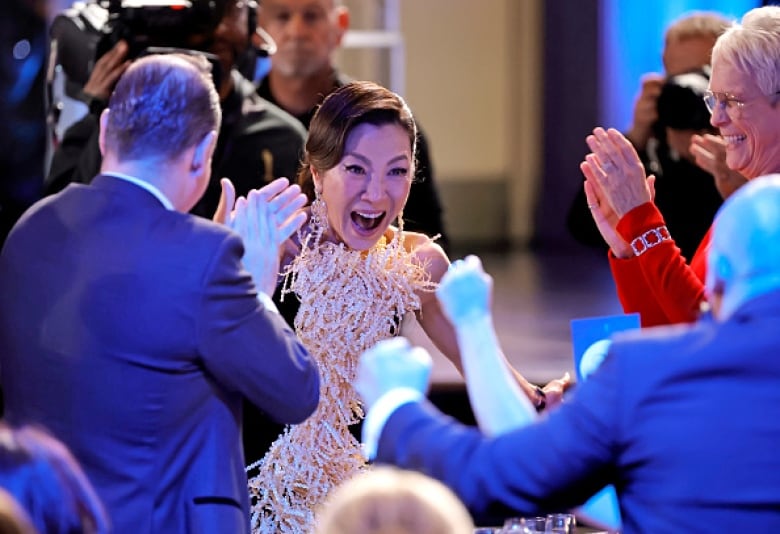
In multiversal adventure Everything Everywhere All at Once we’re treated to a multitude of Michelle Yeohs. She’s the exhausted owner of a laundromat, a glamorous movie star and a hot-dog finger-wobbling lover. In a single movie, the directors gave Yeoh more to do than she’s had in much of her 40-year career. Yeoh is spectacular in EEAO, both as a high-kicking action hero and a mother desperate to reconnect with her daughter. While EEAO may look like some kind of quirky art house Marvel movie, there’s a depth and authenticity to her character that is still uncommon for many Asian roles.
From her first win earlier this year at the Golden Globes to the Screen Actors Guild awards and more, Yeoh has embraced her status as a symbol of change. At the SAGS she spoke on behalf of Asian actors everywhere saying “Thank you for giving me a seat at the table because so many of us need this. We want to be seen. We want to be heard and tonight, you have shown us that it is possible.” Winning on Sunday would make the Malaysian-born Yeoh the first Asian to win in the best actress category — a historical precedent I doubt voters can resist.
Best Picture?
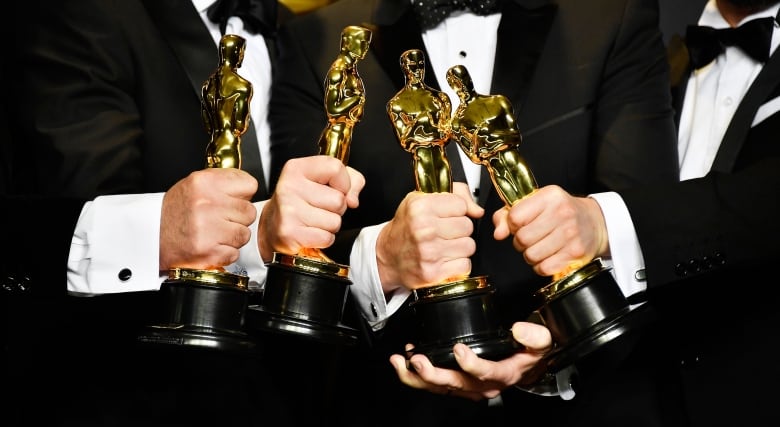
For the Oscar’s biggest prize there’s less of a personal narrative to consider, which leaves this category wide open. Will the snowball effect of the awards season darling EEAO continue? Will Tom Cruise fans hit the afterburners and blast through thanking Top Gun: Maverick for in Spielberg’s words, “saving Hollywood’s ass.”
Could the crowd-pleasing Elvis pull off an upset with Austin Butler’s everlasting Presley affectations? Pushed to make a pick, I’d predict the audaciously entertaining Everything Everywhere All at Once to win. It seems to be the perfect Oscar creation, a box office success with a message voters will easily embrace. But an Oscars where almost anything can happen? That’s a narrative I can get behind.
